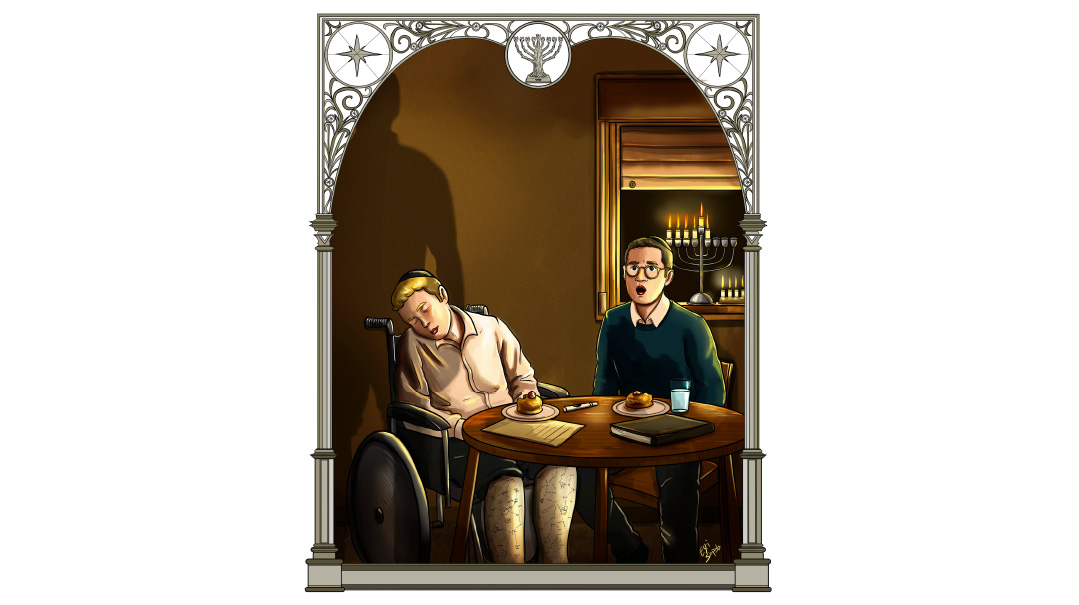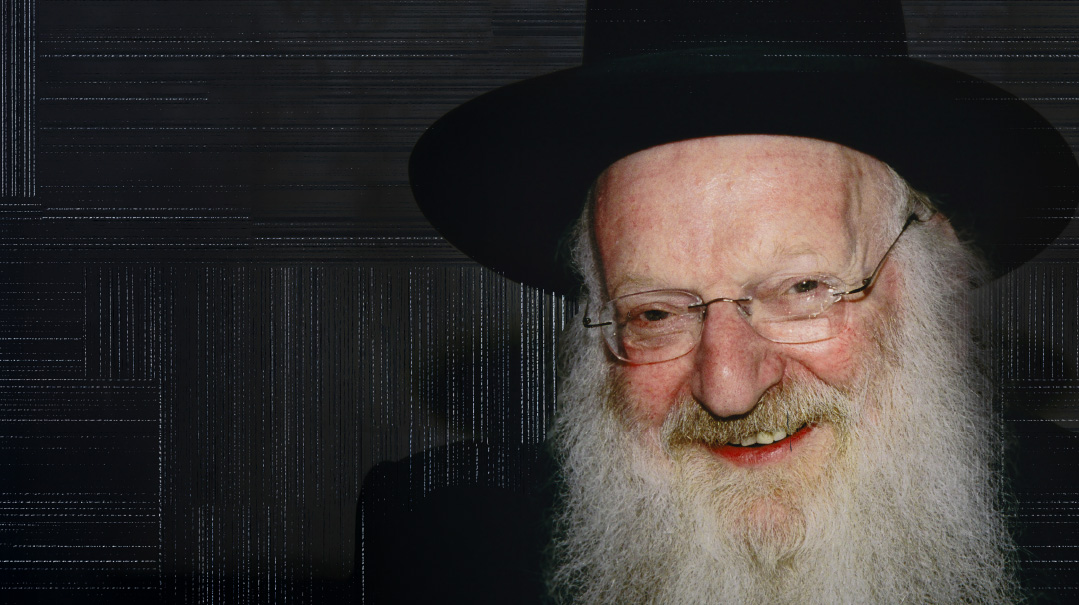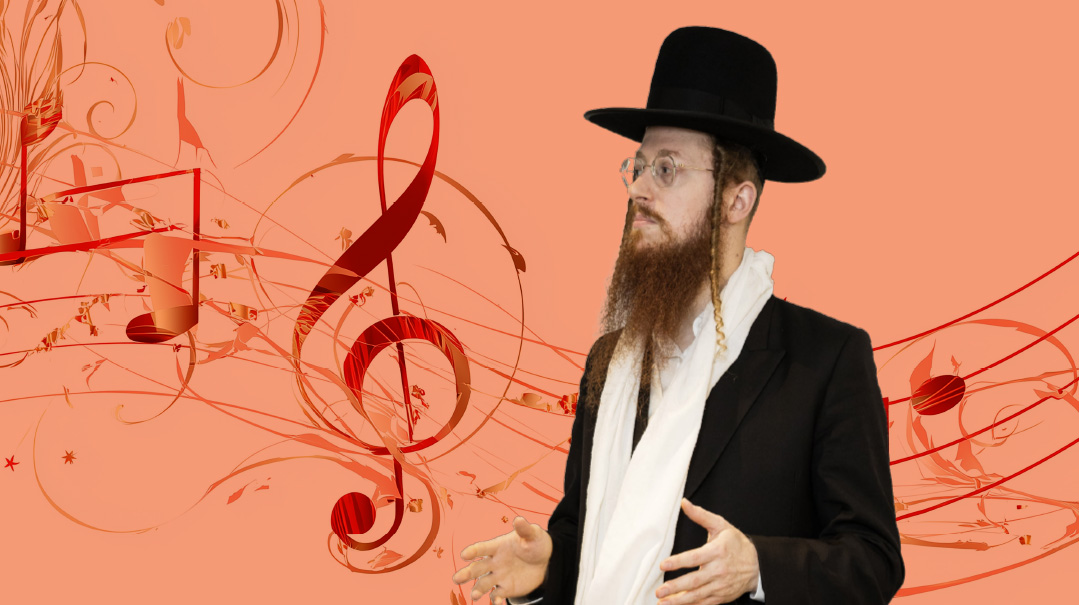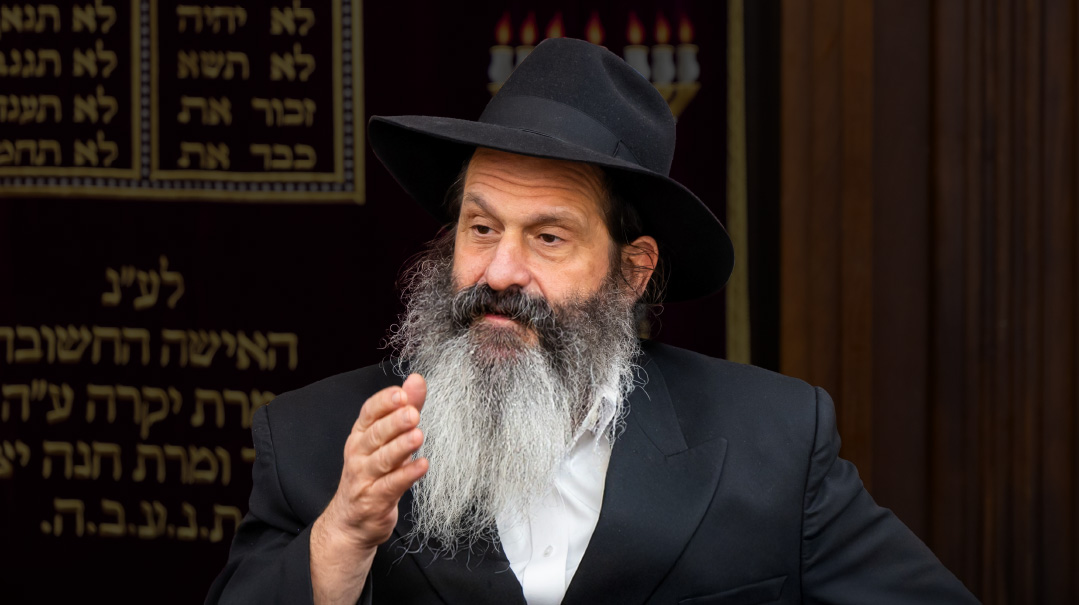The One-Hundred Percenter
| May 7, 2024Rav Yechiel Perr, founder of Yeshiva of Far Rockaway, believed in pushing his talmidim to their maximum, yet he was no anxious perfectionist. He taught young men to calmly live life doing what’s right and figure out how to be their best selves.
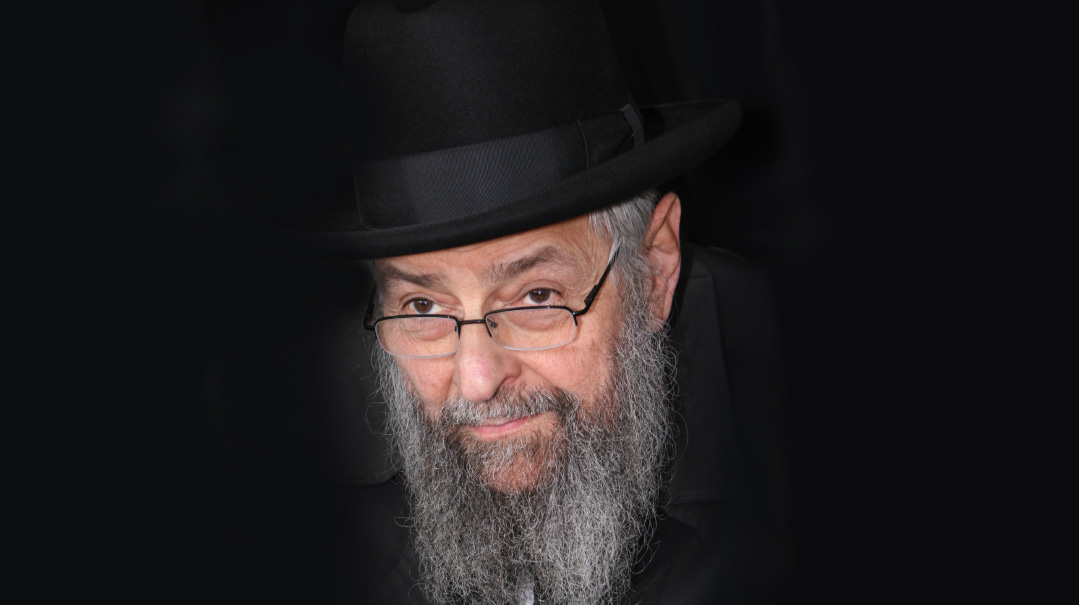
Photos Mattis Goldberg, Personal Archives
South Ozone Park, Long Island, in the 1930s: an insignificant hamlet buried in the gaping maw of Long Island on the outskirts of New York City. Yet a soft green shoot, poking through the gravel and concrete-locked streets would eventually lay deep roots, drawing sustenance from life-giving subterranean wells, growing tall to spread shade and beauty throughout the world. That, in a nutshell, is the story of Rav Yechiel Yitzchok Perr ztz”l.
As a wide-eyed child, he imbibed authenticity and appreciation for Torah at home. His father, Rav Menachem Mendel Perr, rav of a local shul, served as a lighthouse to lost and drifting Jewish souls. He was learned yet humble, eschewing the kavod of leading larger, more successful shuls, or even of just sitting on the mizrach vant. Reb Menachem Mendel chose to sit among his balabatim, gravitating toward those who talked in shul, seeking to improve their conduct without explicit tochachah. Later, even when he would daven in Reb Yechiel’s yeshivah, he refused to sit on the mizrach vant.
Reb Menachem Mendel was a soft, shy person, but tough and unyielding when he saw a threat to kevod Shamayim. He would object if a speaker at a eulogy implied that the deceased was in Gan Eden, despite not having observed one letter of the Torah. On many occasions, Rav Perr would later emulate his father’s humility and strength, taking positions that were right, albeit unpopular.
When Yechiel was just a young boy learning Mishnayos Bava Metzia with his father, they came across the halachah that if a Kohein tells his son to retrieve a lost item from a cemetery, the son may not obey. Reb Menachem Mendel paused, then said to his son, “Yechiel, I want you to know, if I ever tell you to do something that you think is wrong, you shouldn’t listen to me.”
Yechiel was shocked, but internalized the lesson, which became a cornerstone of his philosophy of life. Everyone must listen to the small voice in his mind, the one that tells him right from wrong. A person is misled when he lets this voice be drowned out, either by his own rationalizations or external, even authoritative, voices.
Reb Yechiel’s mother was a fiercely religious woman as well. Her mantra was, “We are all in service of the L-rd!” Although she was intensely proud of a daughter’s higher education, when they began reciting a non-Jewish prayer at the graduation ceremony, she jumped up and grabbed her children by the hands, saying firmly, “Come children, we’re not going to stay here while they pray to foreign gods.”
A teenaged Yechiel attended Yeshivas Rabbeinu Chaim Berlin for high school, after which he was one of the earliest students of the Philadelphia Yeshivah. Following that, he learned under Rav Aharon Kotler in Lakewood, quickly becoming one of Rav Aharon’s prized talmidim. Rav Aharon even called his talmid by his first name, a rare sign of distinction.
Rav Aharon entrusted Rav Perr to carry out various missions, and he accompanied the Rosh Yeshivah on a number of fundraising trips. Once, at the prompting of his friends, Reb Yechiel once worked up the gumption to ask Rav Aharon why specifically he was forced on occasion to tear himself away from his beloved Gemara for these tasks. Rav Aharon’s answer would guide Reb Yechiel throughout his life: “Vayl du kenst! Because you can!”
The awe and trepidation Reb Yechiel felt toward Rav Aharon were palpable. He would quote Rebbetzin Kotler, referring to the day of Rav Aharon’s petirah as “the day of the Churban,” and would often deliver a hesped on Rav Aharon’s yahrtzeit. One year, before uttering Rav Aharon’s name, he said, “The oilam knows that I don’t like shtick.” Then he stood up and said Rav Aharon’s name, before sitting back down and continuing his hesped. He would paint a picture of Jewish life in early 20th-century America, trying to impress upon his students the total revolution Rav Aharon had wrought.
Oops! We could not locate your form.

